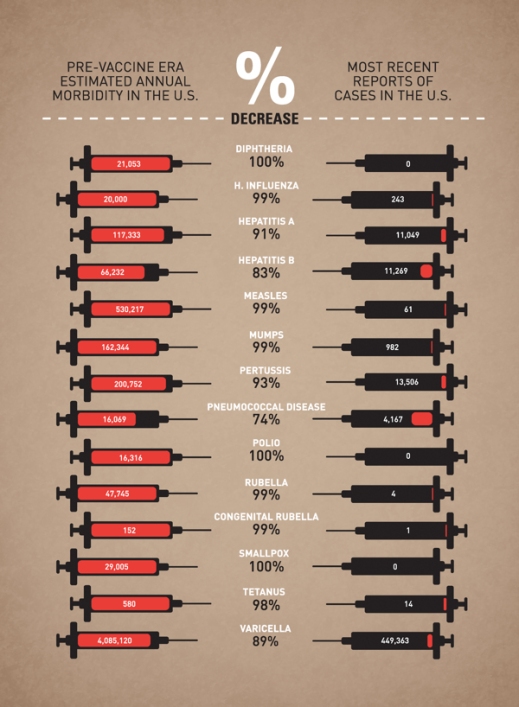I am currently taking a program planning and evaluation course and one of our assignments is to read the American Evaluators Association daily blog (aea365) and find 3 useful posts that describe “a hot tip, a cool trick or a rad resource” and then share it with our classmates. This week it was my turn, and I have decided to also share them on this blog.
Here are the three useful things I found on the aea365 blog:
Chelsea Heaven on Why Graduate Students Interested in Evaluation Should Consider Volunteering Aug 13, 2012 Link: http://aea365.org/blog/?p=6954
Rad Resource: Volunteering with Statistics Without Borders
Everyone’s heard of Doctors Without Borders right? Or even Engineers Without Borders… but what about Statistics Without Borders? Chelsea Heaven, fellow public health graduate, posted last year about her great experience with volunteering with them, and recommending it to other grad students as a way to work with real ‘messy’ data and evaluation professionals in collaborative teams of 4-5 people on real world problems such as health policy in East Africa. She recommended joining Idealist.org and then checking out SWB.
Susan Kistler on Great Professional Development and a Great Blog May 19, 2012 Link: http://aea365.org/blog/?p=6466
Hot Tip: Consider subscribing to Karen Anderson’s blog: On Top of the Box Evaluation.
According to Susan (the American Evaluation Association’s Executive Director and aea365 Saturday contributor): “Karen is a (relatively) new professional, a graduate of AEA’s GEDI program, and an all around wonder woman”. Some of Karen’s posts that I enjoyed were “What Evaluation Hat Are You Wearing” and “What Evaluators Can Learn From Politics” – which talks about making your information ‘sexy’ and appealing to policy-makers.
Susan Kistler on 25 Low-cost/no-cost Tech Tools for Data Visualization and Reporting Nov 3, 2012 Link: http://aea365.org/blog/?p=7491
Rad Resource(s): The slide notes for a presentation on 25 low-cost/no-cost tech tools for Data Visualization and Reporting
Susan Kistler provides her viewpoint on some of the many data visualization tools available online, or as Susan so aptly put it in her post: “tools that hopefully help us to merge truth and beauty”. These tools include both paid and free ones and range from the aea365 blog itself, to prezi, to storify, pinterest and lovelycharts. You can download the full slidedeck from the AEA public eLibrary. Susan also suggests downloading the pdf version (posted below) with the notes that include the URL links for each item, cost information, and tips.
Data Visualization Tools PPT overview review
**This one was my personal favourite – it is always a challenge to find resources which are both comprehensive AND concise!

